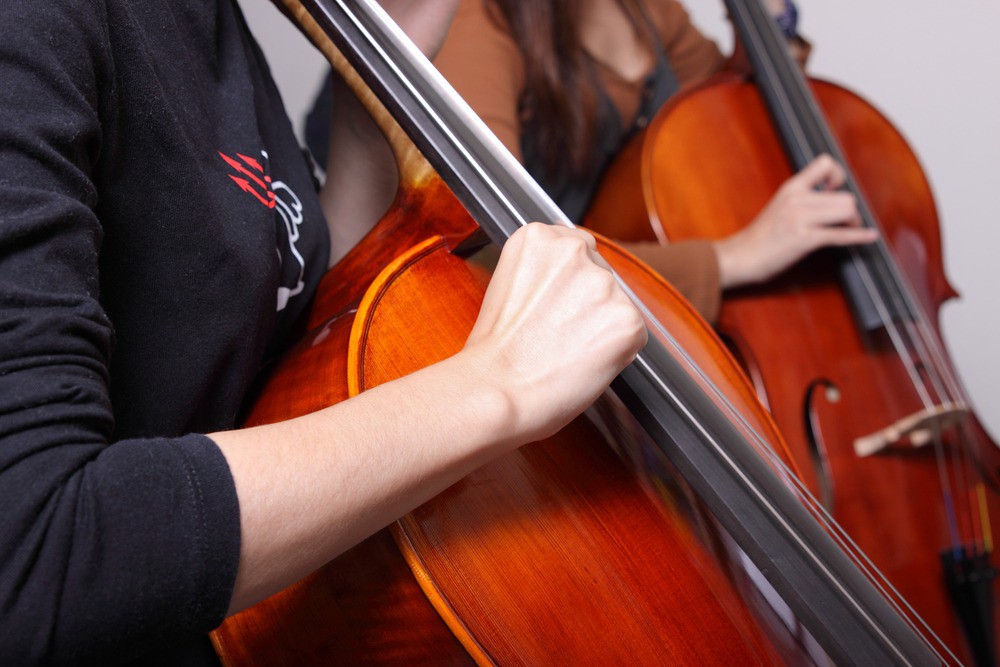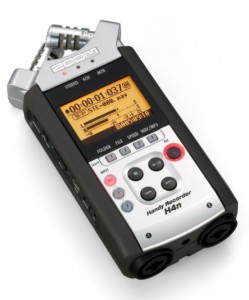 “You are the one who will shape yourself into the artist that you aspire to be.”
“You are the one who will shape yourself into the artist that you aspire to be.”
–The Musician’s Way, p. 296
Multitudes of music students take regular lessons.
Are young musicians prepared to make the most of their lessons?
Some are, but many are not, because, through no fault of their own, they’re unclear about their roles as students and lack confidence in their communication skills.
To help students excel in their lessons and beyond, in this post, I highlight the attributes of successful students and suggest ways in which they can enhance their communication with teachers.
Attributes of Adept Learners
What’s the central issue in music lessons? Learning. What, then, is the primary role of students? To be adept learners (teachers facilitate learning). So let’s look at what it means to be good at learning.
In a nutshell, adept learners are:
- Growth-minded. They recognize that skillfulness arises from effort, and that growth mindset drives them to set meaningful goals and practice consistently.
- Mastery oriented. Unlike helpless students, intrepid ones take responsibility for their learning. They adhere to high standards, tackle appropriate material, and seek help when needed.
- Independent and collaborative. They’re resourceful when practicing alone and team-minded when working with others.
- Persistent. Their mindset and goals give them the strength to persevere in the face of challenges.
- Polite. Such students exhibit professionalism in all of their musical activities – they’re punctual, prepared for lessons, courteous, and honest.
- Open to new ideas. They thrive on fresh perspectives.
- Communicative. In lessons, they listen keenly, speak authentically, and question frequently.
Communicating in Lessons
To embody that last trait – communicativeness – students need both a desire to connect and the skills to do so. Nonetheless, communicating can get tricky, more so with some teachers than others.
For instance, check out this excerpt from a post on a forum hosted by The Associated Board of the Royal Schools of Music:
In my last lesson my teacher suddenly said, “That’s it!” over a passage I’d been struggling with.
“That’s what?” I thought. “That’s it, I’m fired??”
Turns out he thought it was good, but I still now can’t hear what he heard. I thought it was awful.
It seems that neither the student nor the teacher in that example could grasp the other’s point of view. In the end, though, no communication equals no learning.
7 Ways to Heighten Communication with Teachers
Given that learning in lessons hinges on communication, here are 7 ways that students can heighten their communication with teachers:
1. Record your lessons
By listening back and taking notes, you can retain all of the advice you receive. (Recommended recorders: Audio: Zoom H4n; Video & Audio: Zoom Q4n)
2. Query your teacher when something is unclear
Students sometimes shy away from asking for clarifications because they don’t want to seem clueless nor imply that their teacher’s explanations are flawed. Believe me: educators want students to understand. Ask.
3. Agree on lesson goals
Before you depart from a lesson, ensure that you and your teacher spell out goals for your next meeting – verbalize your aims so that they’re captured on your recorder. Also, periodically discuss your long-range objectives with your teacher so that lesson goals support your interests.
4. Document questions during practice
Keep a notebook handy as you practice, or dictate thoughts into your phone, and then bring your questions to lessons.
5. Ask for feedback
During and at the close of lessons, inquire how well you’re attaining lesson goals and whether there’s anything more you could do to improve your music or practice skills.
6. Listen actively
Communication involves articulating one’s thoughts and hearing the thoughts of others. So listen attentively during lessons, and paraphrase complex concepts to help your teacher know that you’ve absorbed them.
7. Be positive
Bring a positive attitude to lessons so that you contribute to creating a productive learning environment. When miscommunications occur, resolve them promptly, and let go of any negativity.
What if you can’t establish a communicative rapport with a private teacher?
For starters, you could solicit advice from another mentor. Then, if your attempts to communicate still fall short, it might be time to find a new instructor.
See Chapter 14 of The Musician’s Way for tips on choosing teachers, handling criticism, and managing student-teacher dynamics.
Related posts
Clear goals, clear process
The growth mindset
Optimizing practice time
The power of specific goals
© 2010 Gerald Klickstein
Photo licensed from Shutterstock.com



What a wonderful Blog!!!as wonderful as music is.I appreciate this blog not just because it is informative but also can be used as a motivation to all who has a Music Passion and musician in this world.Making music lesson will not only enhances you to become the best musician but also develops a significant attitudes that we need to emphasize professionalism in your area of specialization which is Music.We can discover more when we explore more in Music Lessons. if we discover more, we can prove more How music touch our Lives.
Hi Justin – Thanks for the comment and question. Eventually, I’ll tackle the attributes of skilled teachers. I agree that doing so would be important. For now, I’m aiming to empower students and help them seize opportunities.
Also, sorry that your comment didn’t post right away. For some reason, Akismet thought it was spam – I’m looking into it. I appreciate your patience.
Great list and summaries. Will you at some point give your perspective on the attributes of adept teachers? There’s probably some overlap, but the applications may differ between student and teacher in meaningful, instructive ways.